# 388 O Worship the King, all glorious above
Text: Robert Grant
Tune: HANOVER
Composer: William Croft
From Hymnary. Org
“In the beginning God created the heavens and the earth.” These may be some of the best-known words in the Bible, but in 1835, Robert Grant wrote a text that helps us see the creation story in a new light. His meditation on the creation theme of Psalm 104 consists of six verses that parallel the six days of creation. But rather than simply paraphrase the psalm or the first two books of the Bible, Grant focuses on how creation is a testimony to God’s “measureless might.” And Grant’s beautiful text doesn’t stop at Genesis Two. Rather, in the fourth and fifth verse we celebrate God’s saving grace to his creation. When God took that seventh day of rest, he was not signaling an end. He continued to bless His creation, even those as feeble and frail as us. In the last verse, Grant points to Christ as the ultimate reconciler of a broken, but still beautiful creation. An original last stanza that we no longer sing reads, “The humbler creation, though feeble their lays, with true adoration shall lisp to Thy praise.”
Albert Bailey wrote of this text: “It is no small accomplishment to combine, as this hymn does, the majestic, the tender, and a smooth-flowing poetical rendering” (Gospel in Hymns, 182). The text has not been changed much from Grant’s original. Some verses are not included in all hymnals – unlike most hymnals, the Psalter Hymnal leaves out the original third stanza, which reads, “The earth with its store of wonders untold, Almighty, thy power hath founded of old; hath ‘stablished it fast by a changeless decree, and round it hath cast, like a mantle, the sea.” The Psalter Hymnal does, however, include a verse many hymnals leave out, beginning “O measureless Might.”
William Croft was a boy chorister in the Chapel Royal in London and then an organist at St. Anne's, Soho. Later he became organist, composer, and master of the children of the Chapel Royal, and eventually organist at Westminster Abbey. He contributed psalm tunes to The Divine Companion (1707) and to the Supplement to the New Version of Psalms by Dr. Brady and Mr. Tate (1708), which included HANOVER. These tunes mark a new development in English psalm tunes. HANOVER was printed anonymously, but William Croft is generally credited with its composition. The name derives from the House of Hanover, the family of King George III.
Here’s a rousing rendition from Belfast, Ireland. YOUTUBE

